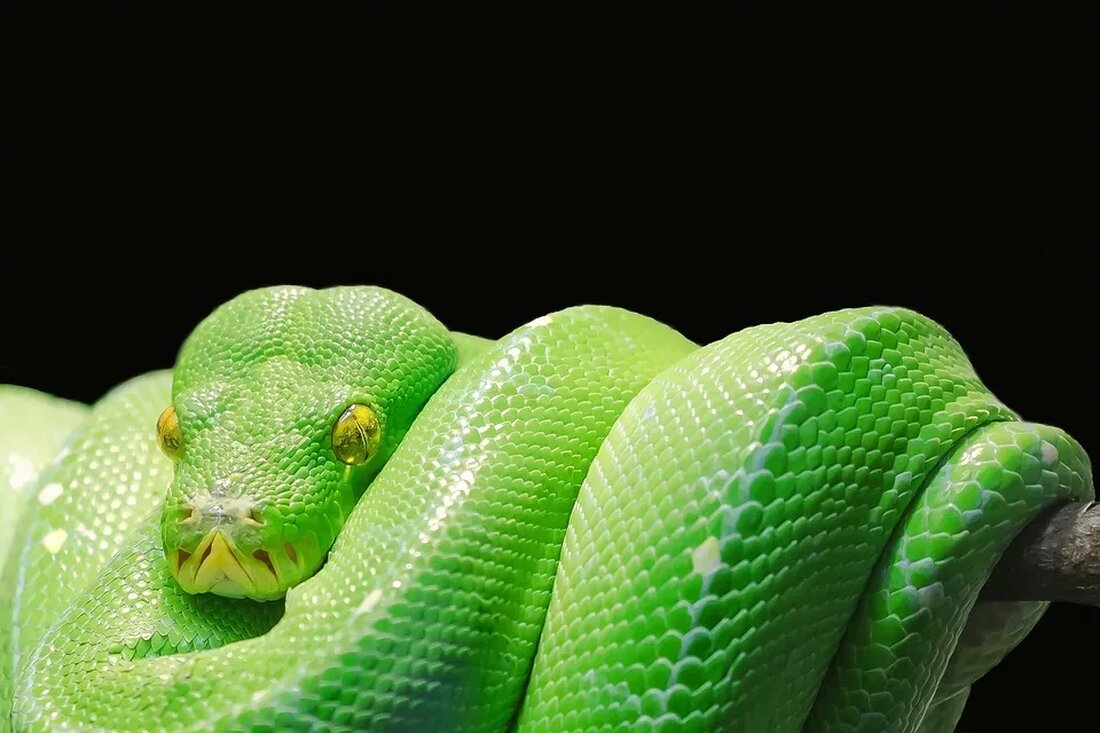Poisonous plants: recognizing and avoiding
Poisonous plants: recognizing and avoiding When it comes to the plant world, you can't always rely on it being harmless at first glance. There are a variety of poisonous plants in nature that can cause serious health problems if you come into contact with them. It is therefore important to recognize and avoid these plants. In this article we will discuss some of the poisonous plants found in Germany, how to recognize them and what precautions you should take. Why are poisonous plants dangerous? Poisonous plants contain certain substances that can harm our body. In…

Poisonous plants: recognizing and avoiding
Poisonous plants: recognizing and avoiding
When it comes to the plant world, you can't always rely on it being harmless at first glance. There are a variety of poisonous plants in nature that can cause serious health problems if you come into contact with them. It is therefore important to recognize and avoid these plants. In this article we will discuss some of the poisonous plants found in Germany, how to recognize them and what precautions you should take.
Why are poisonous plants dangerous?
Poisonous plants contain certain substances that can harm our body. In some cases, they can cause skin irritation, allergic reactions, gastrointestinal distress, or even serious poisoning. Children and pets are particularly at risk because they tend to touch or eat plants. That's why it's important to know and avoid potentially poisonous plants.
Poisonous plants in Germany
Germany is home to various poisonous plants. Some of the most famous and interesting are:
1.Ricinus communis (castor oil tree):The seeds of this plant contain the highly toxic ricin. Poisoning can lead to gastrointestinal problems, kidney failure and, in severe cases, even death. Therefore, it is important to stay away from this plant and especially to prevent children from swallowing its seeds.
2.Atropa belladonna (belladonna):Deadly nightshade is one of the most poisonous plants in Germany. All parts of the plant are poisonous, especially the berries. Poisoning can cause symptoms such as dry mouth, visual disturbances, cardiac arrhythmias and seizures. A high dose can be fatal.
3.Datura stramonium (Datura):Datura contains various toxic substances such as scopolamine and atropine. Poisoning can cause hallucinations, confusion, increased heart rate, and difficulty breathing. Eating the seeds can be fatal.
4.Taxus baccata (yew):The yew is one of the most poisonous conifers in Europe. All parts of the plant, except the red seed coat (arillus), contain the extremely poisonous taxin. Poisoning can lead to gastrointestinal problems, a drop in blood pressure, cardiac arrhythmias and, in the worst case, death. Even the dust from crushed yew trees can be dangerous.
5.Convallaria majalis (lily of the valley):The lilies of the valley are beautiful but very poisonous plants. All parts of the plant, especially the berries, contain the cardiac glycoside convallatoxin. Symptoms of poisoning can include nausea, vomiting, diarrhea, cardiac arrhythmias and, in severe cases, heart failure.
This list is just an excerpt from the large number of poisonous plants that occur in Germany. It is important to identify the plants in your garden or in nature and know their risk.
Plant identification
Proper plant identification is crucial to recognizing and avoiding poisonous plants. Here are some tips that can help you:
1. Familiarize yourself with the poisonous plants in your area. Find out about the characteristics, locations and flowering time of these plants. A simple Google search or a visit to the local botanical garden can help you.
2. Pay attention to special features. Poisonous plants often have specific characteristics that can distinguish them from other plants. These include, for example, conspicuous fruits or flowers, certain leaf shapes, thorns or hairs on the plants.
3. Use a plant identification app. There are many apps that can help you identify plants. Download and use a reliable app to detect poisonous plants.
Precautions
After you learn how to identify poisonous plants, there are some precautions you can take to protect yourself and your family:
1. Avoid contact with poisonous plants. Avoid touching them or coming near their location. Be particularly careful to ensure that children and pets do not have access to these plants.
2. When gardening, wear gloves and long-sleeved clothing to avoid direct contact with the plants.
3. Wash your hands thoroughly after touching plants, especially before eating or touching your face. This will remove any toxic substances.
4. If you suspect that you have come into contact with poisonous plants, seek medical attention immediately. If possible, bring a sample of the plant to aid identification.
Final word
Poisonous plants can pose a serious threat to our health. It is important to learn about, recognize and avoid the poisonous plants in your area. In particular, ensure that children and pets do not have contact with these plants. If you are unsure or suspect you have come into contact with a poisonous plant, seek medical attention. It is better to play it safe and avoid possible complications.

 Suche
Suche
 Mein Konto
Mein Konto
